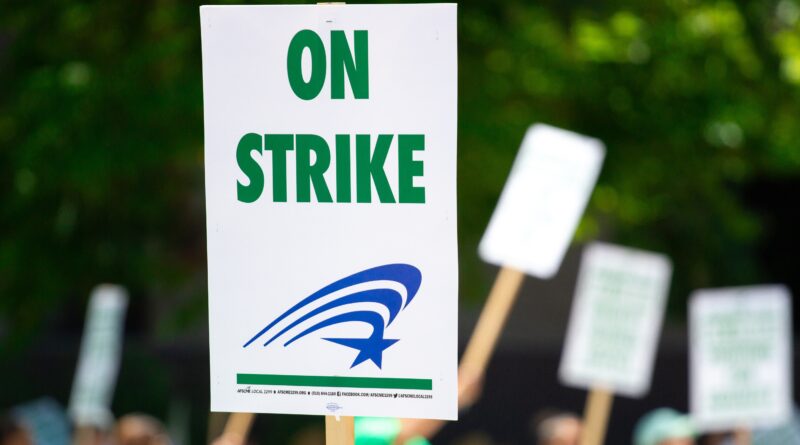The WGA Strike Has Ended: What Are the Outcomes?
44,874 total views, 1 views today
The Writers Guild of America (WGA) strike has finally come to an end after 148 days of negotiations between the WGA and the Alliance of Motion Picture and Television Producers (AMPTP). The strike has had a significant impact on the entire entertainment industry, with many TV shows and movies being delayed or canceled. Why exactly was there a strike, and now that the strike is over, what are the outcomes? Here are all the details you need to know.
Why did the WGA go on strike?
The WGA went on strike beginning on May 2 of this year to demand better compensation, working conditions, and other assurances for its members. The key demand of the strike centered around streaming residuals, which the WGA claimed disproportionately go to the AMPTP and don’t give the writers their fair share of the streaming income. The proposal offered up by the WGA would see an estimated additional $429 million per year going towards guild members.
In addition, many in the Writer’s Guild are concerned about the possibility of losing their jobs to generative AI, so included in the strike was a push to establish that AI should only be used as a tool for research to supplement script writing, and not to write scripts itself and take jobs away from writers.
The strike’s impact on the entertainment industry
The WGA strike had a significant impact on the entertainment industry, and many TV shows and movies were delayed or even canceled due to the lack of writers. This was the largest interruption to the film and television industry since the height of the COVID-19 pandemic and the largest strike for the WGA since 2007. The strike caused significant losses in income for many studios, including Warner Bros who stated that the strike would affect their yearly earnings for 2023 by $500 million.
The outcomes of the strike
The WGA chose to end the strike on September 27, indicating that it was able to successfully secure improved outcomes for its members. Information about the agreement between the WGA and the AMPTP hasn’t yet been released, but it’s reportedly just a tentative agreement that seems to be beneficial for both parties.
The Writer’s Guild wasn’t the only organization striking in the entertainment industry, however, and labor disputes are still happening across the industry. The American actors’ union, SAG-AFTRA (Screen Actors Guild – American Federation of Television and Radio Artists), is still on strike as of the beginning of October, and it’s yet to be seen whether they’ll be able to come to a favorable deal as well.
The future of the entertainment industry
The end of the WGA strike is good news for the entertainment industry. With writers back to work, TV shows and movies can resume production. However, there are still challenges ahead. The issue of generative AI for screenwriters, songwriters, artists, and others in the entertainment industry still poses some big questions, and it’s yet to be seen how many jobs will be taken away as this technology continues to expand.

